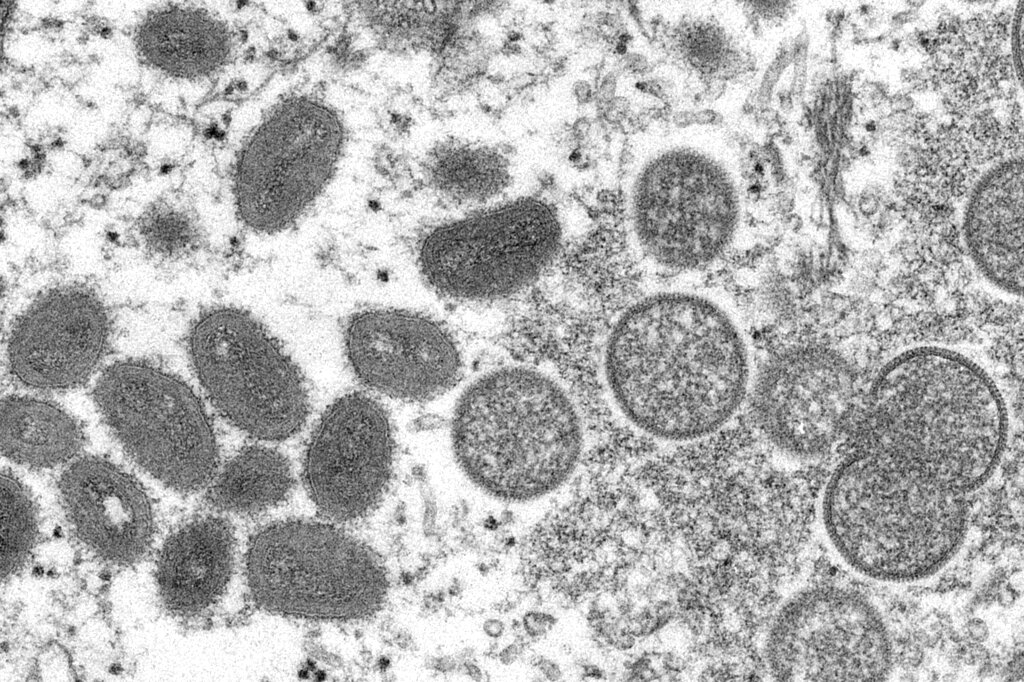The first doses of monkey pox vaccine could arrive in Hungary within weeks, the National Center for Public Health told the RTL broadcaster’s news program on Sunday.
The vaccines are being distributed in proportion to the population of the European Union, and the most affected countries will receive them first. So far, the European Union has purchased more than 100,000 doses of the Imvanex vaccine produced by the Danish-based biotechnology company Bavarian Nordic, as well as the antiviral drug Tecovirimat from the American company Siga Technologies.
As previously reported by this site, the first case of monkey pox in Hungary was announced at the end of May, and since then, the number of those diagnosed with the virus has increased to 33. The first Hungarian infected person was a 38-year-old man who was subsequently quarantined at home for three weeks with mild symptoms as he overcame the disease.
János Szlávik, a hematology and infectology expert at the Central Hospital of Dél-Pest, previously explained the version of monkey pox that is spreading in Europe is not life-threatening in itself; however more serious symptoms may be caused by the spread of an infected wound which could cause blood poisoning.
WHO has declared a global health emergency due to the spread of the epidemic, in which five people have died so far, and 16,000 infections have been registered in 75 countries. According to WHO, the risk of spreading the infection is moderate globally but high in Europe.
“In many countries, the smallpox vaccine is being reintroduced, which is given by focal inoculation to those who have been confirmed infected or to those who have been in contact with them,” said virologist Miklós Rusvai.





